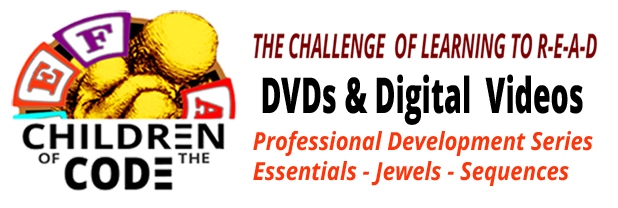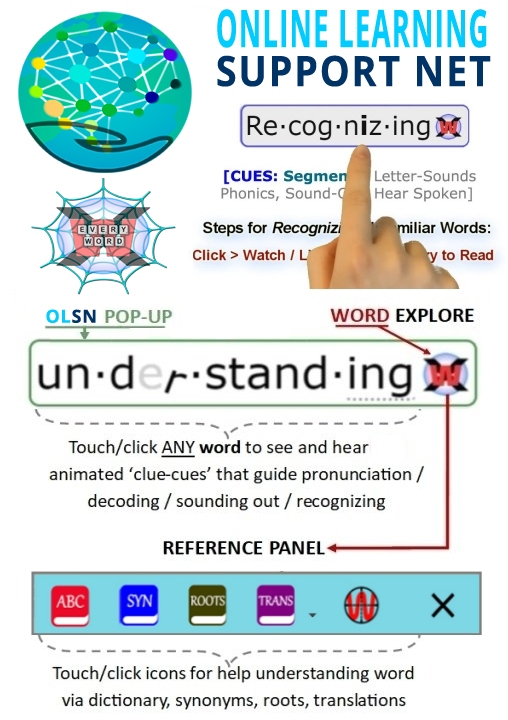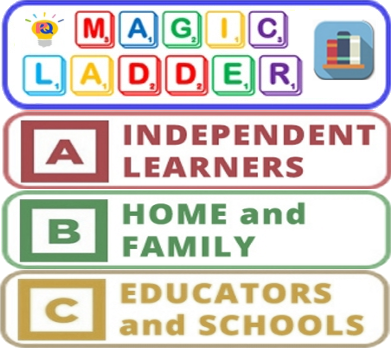Word Recognition
Note: Remember to click on any word on this page to experience the next evolutionary step in technology supported reading.
Components of Word Recognition
David Boulton: The way that you decoupled the word recognition process from comprehension in your thought model really stuck me because the way we describe it is somewhat similar: reading is a code instructed and informed language simulation system that’s feeding into downstream comprehension processes.And if that first part is working right then the second part, like you said, is very similar to comprehending spoken language.
Dr. Charles Perfetti: Yes, I think that’s a fundamentally correct way to understand it. If you don’t understand it that way I think you’re going to maybe go down some garden path. Getting that first phase to a high level so that you’re able to use the language system – if you’re struggling with that mapping process then you’re not able to engage the language system that you have and that you would otherwise use perfectly well with the spoken language.
That’s why it’s so critical to have the word identification process developed to a very high level. A lot of that, especially in English, and I‘m not sure everyone would see it this way, is rather word specific knowledge. That is, you’re really talking about two things that develop. About developing a strong generalized decoding routine, mapping letters to phonological representation, but your also talking about strengthening specific associations between written letter patterns and a word. I think you’ve got to have both of these to read effectively in an orthography like English, which is highly irregular. So, that’s where the experience comes in. You’ve got to have quite a bit of experience to have a chance to build up associations between a printed form for an irregular word and the word that it’s representing.
Charles Perfetti, Professor, Psychology & Linguistics, University of Pittsburgh. Source: COTC Interview: http://www.childrenofthecode.org/interviews/perfetti.htm#ComponentsofWordRecog
Word Recognition and Comprehension
Dr. Charles Perfetti: … I was just struck by the fact that kids who had trouble understanding what they read, if you looked at them closely, they had trouble reading words. They either took longer or sometimes we asked the teacher to identify kids having problems and she’d say ‘Well, this kid reads words just fine but he can’t understand what he reads.’ We’d say okay and we’d go test him and we’d find out that, well yes, if you weren’t looking really closely, if you had him read a list of words he would read most of the words accurately. But if you measured the time it was taking him or the difficulty he was having, you almost always found that there was some problem in word reading.
David Boulton: There’s still quite a confusion with that today. People say that the student seems to be able to decode words fine so that isn’t the problem. And yet on closer inspection it seems that the efficiency with which they’re decoding the word, recognizing the word, is definitely having an impact on the resources necessary for subsequent comprehension.
Dr. Charles Perfetti: That’s right and that was the heart of that argument back then. I think the argument has become fairly widely accepted as being a correct argument. I think we have a better understanding, although I continue to be disappointed that researchers don’t look hard at word level processing in this new area of research called specific comprehension deficits. That’s a phrase that has been coined by several researchers. The general idea is that they’re observing children who, in fact, are fine at word decoding and have as their only problem comprehension.
I think that hypothesis is correct. That is, the hypothesis that there are children who have as their main problem something else in the language system than reading words. But I am still a little disappointed when I look at how people look at word identification. So, I think what has happened is people took my argument seriously enough, and the argument of others, that they assess decoding now before they do a study on some other variable. But they still tend not to measure efficiency and speed.
David Boulton: Even the neuroscience hasn’t yet gotten to the point where they can isolate the timing of processes in the assembly processing between the code and the word recognition processes.
Dr. Charles Perfetti: Well yeah, I think that’s right.
Charles Perfetti, Professor, Psychology & Linguistics, University of Pittsburgh. Source: COTC Interview: http://www.childrenofthecode.org/interviews/perfetti.htm#WordRecognitionandComp













